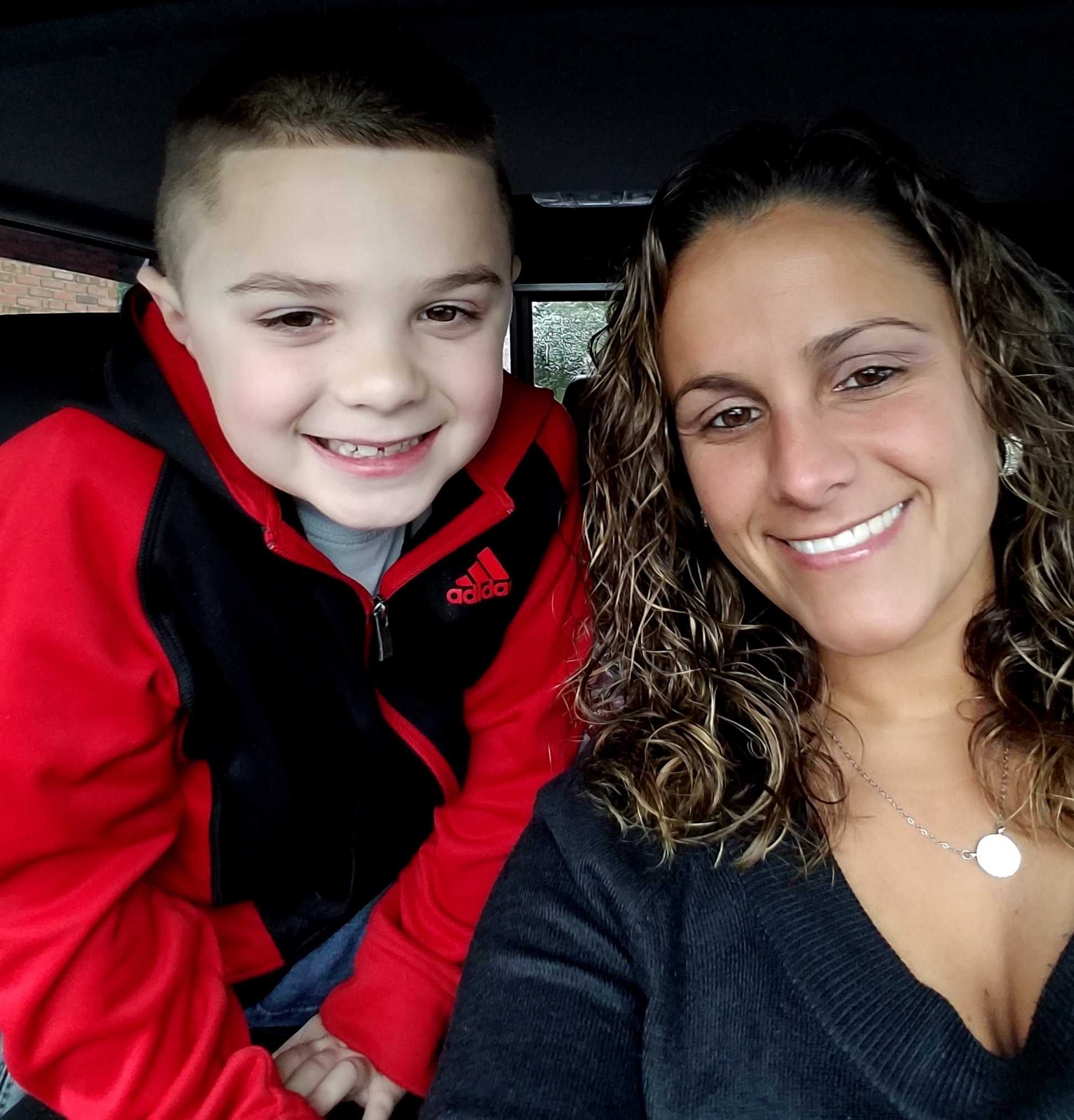
Best ways for getting your pet acclimated to your new addition
Best ways for getting your pet acclimated to your new addition

Best Ways for Getting your Pet Acclimated to your New Addition
Many people consider dog man’s best friend. In fact, a lot of pet owners actually treat their dogs and cats as if they were children! Buying them sweaters, pushing them in strollers, and rocking them to sleep. Although pets aren’t babies, the relationship between your family pet and your newborn is an important one. There are certain steps you can take to help your pet get acclimated to your new addition and create a healthy, positive relationship that will soon grow into a lifelong bond.
1. Bring Your Pet to the Vet
Ensuring the health of your pet is the first step in ensuring the health and safety of your baby. Bring your cat or dog to the veterinarian for a full check-up. During this time, make sure your pet’s vaccines are up to date. It’s also recommended that you have your pet spayed or neutered prior to growing your family. It’s believed that pets who are sterilized are often calmer and less likely to bite or act aggressively.
2. Train Your Pet
Controlling or addressing any behavioral issues with your pet is an important first step to preparing them to meet your infant. You can enroll your dog in an obedience class or hire a private trainer. Your dog should also understand basic commands like sit and stay, as well as learn not to jump and to come when you call them by name. Other things you want to address include excessive barking and nipping. You may also want to train your dog how to retreat to a specific place (dog bed, mat, etc.) when you say a command word. Stand near the area and call your dog. When they arrive, move away from the spot but instruct them to stay. Reward this behavior with a treat and gradually lengthen the amount of time your dog stays in their space. This will give you a safe place to send your pet if you need time alone with your newborn.
3. Make Gradual Changes
It’s natural for a family pet to feel jealous when the new baby arrives. After all, up until now they were the center of attention. The best way to avoid feelings of jealousy is to make gradual changes to their routine long before the baby is born. This will keep your puppy from thinking that all new changes are due to the baby’s presence, which could cause negative feelings between your four-legged friend and your infant. Make minor adjustments to your dog’s schedule like taking walks at different times or feeding them earlier or later. You can also incorporate some of your baby’s routine into your day, even before they’re born. Take time to feed, change, rock, and stroll with the imaginary baby so that your pet gets used to seeing you perform these jobs, which may take immediate attention away from them.
Another important change to make prior to bringing your infant home is to pay less attention to your pup and engage in less play time. Of course, this doesn’t mean neglecting your four-legged friend but instead weaning them off your undivided attention gradually, so they don’t see the baby as a trigger for lack of attention.
4. Introduce Them Slowly
Now that you’ve prepared your dog for the new baby, it’s actually time for the two to meet! Be sure to address your dog alone, before entering the room with your infant. This will prevent them from getting excited and jumping on you. It’s important that your dog has ample time to acclimate to the smell and sounds of your little one. You can introduce powder, soap, blankets and other materials to your dog before bringing the baby home. Then, the smell of your little one won’t be so alarming or unfamiliar. Once your pet seems comfortable with the baby, and you feel comfortable, allow your dog to explore the infant’s feet and sniff them while safely on a leash. In time, you’ll find that your dog becomes more comfortable with your little one and you can take them off the leash. Never leave an infant unattended with your pet, no matter how much you trust them or how docile you think they are. It’s also important to give your pup as much attention as possible, even in the presence of your newborn. Once your baby becomes mobile, it’s now time to show your infant the right way to treat the pet. This means no pulling on the dog’s ears or tail, teasing the dog, or touching too closely to their face, nose or mouth. Just as your pet needs to respect the baby’s personal space, it’s important your infant understands that as well.
Both having a pet and having a child offer their own rewards and challenges. When these two worlds meet, it’s all about mutual respect, training, gradual change, and safety. With enough preparation and forethought, not only will your pup and infant become accustomed to each other but they could very well become the best of friends.

April Sutphen
I am a 32-year-old mother and wife of a police officer living in NJ.
I have my MFA in creative nonfiction and 10 years writing experience.
When I'm not writing I enjoy hot yoga, cardio kickboxing, running, and camping.


